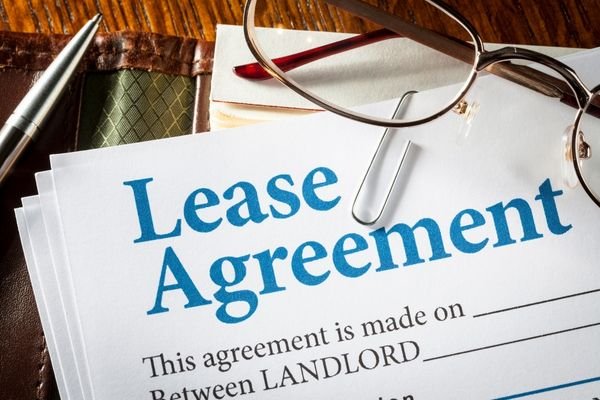Rebekah Putnam
Solicitor in the Commercial Property Team
Rebekah joined the Commercial Property team in January 2022, having previously worked for a large national firm for four years. She started as an apprentice paralegal in 2017 and has passed her SQE examinations in June 2024 to qualify as a Solicitor.
She has experience working on Stamp Duty Land Tax Assessment, Land Registrations, and Lease Reviews.
Rebekah has recently been supervising and coordinating large-scale commercial property projects.

Rebekah Putnam
Commercial Property client reviews
Commercial Property insights
Buddy and Chip needed to find the perfect location for their business venture, somewhere they could house their workshop. They found just what they were looking for, a place to craft toys and spread holiday joy. It was time to sign the commercial lease.
Currently, to let a commercial property, the rating must be an EPC E or above. This has been the case since 1 April 2018 as the PRS Regulations 2015 made it unlawful for Landlords to grant a new tenancy of a property with an EPC below E in scope with the Minimum Energy Efficiency Standards (hereinafter called ‘MEES’). That is, unless an exemption applies and has been validly registered.
A recent Court of Appeal decision has highlighted how strictly the courts can view compliance with contractual and statutory conditions when serving notices.
As the Pandemic continues to evolve, so does the law surrounding commercial tenancies. As you already know, there’s a lot of uncertainty throughout the country. But one thing commercial tenants can be certain of is that a landlord’s right to exercise their right of re-entry (forfeiture) for non-payment of rent is suspended until 31 December 2020.
The Government has launched a consultation on more effective ways to bring unused or underused public land in England back into use. The consultation is called ‘Right to Regenerate’. What is it and how could this change things?
The Government have recently made important changes to Planning Use Classes. These changes came into effect on 1st September 2020, (although there will be a transition period until 31 July 2021). The measures have been introduced to make it easier to repurpose premises quicker and at less cost. This means that ‘the high street’ can be more adaptable to meet occupier demand and safeguard community assets.
The financial implications for our retail sector and commercial landlords arising from the Covid-19 pandemic are by this point obvious. Governmental restrictions, and reduced consumer confidence will leave highstreets and restaurants struggling for some time to come. Switching to a turnover rent is another option that could help tenants and landlords alike.
On 19 June 2020 the Government published the Code of Practice for commercial property relationships during the COVID-19 pandemic. The Code is voluntary rather than mandatory. It’s objective is to provide a level of support to all those stakeholders in the commercial property sector. This ranges from customers and occupiers, through to the landlords and lenders.
On 19 June 2020 the Government published the Code of Practice for commercial property relationships during the COVID-19 pandemic. The Code is voluntary rather than mandatory. It’s objective is to provide a level of support to all those stakeholders in the commercial property sector. This ranges from customers and occupiers, through to the landlords and lenders.
Overage provisions take many different forms to accommodate a variety of scenarios. The common theme among all though is they cover the situation where the parties to a property transaction agree that the circumstances justify the seller being entitled to further payments in relation to the property being sold, at some point in the future. The parties are free to set the terms of the overage provisions which will often be shaped by current market conditions and the respective bargaining strengths of the parties involved.











